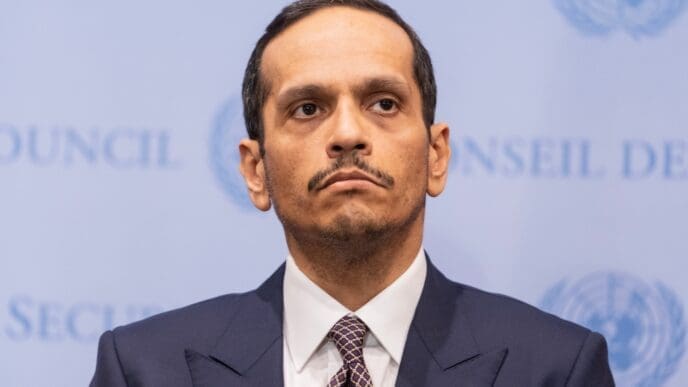A recent survey has revealed that a significant majority of Hungarians support the government’s initiative to tighten drug laws. The poll indicates that only 12 percent oppose these changes, while two-thirds of the population endorse the new legislative package, which aims to increase penalties and restrict access to diversion programs. This move comes alongside a series of police raids targeting drug-related activities as part of the country’s intensified war on drugs.
Despite the apparent public support, some experts argue that the government’s actions may be more politically motivated than genuinely effective. Drug policy expert Péter Sárosi, founder of Drogriporter, suggests that the push to bolster what is already considered one of the European Union’s strictest drug laws may be an election tactic rather than a solution to the issue. Sárosi emphasizes the importance of investing in prevention, treatment, and community programs, which he believes are currently lacking in Hungary. He points out that increasing the severity of penalties does not necessarily lead to a reduction in crime.
The impact of drug use is particularly pronounced in Hungary’s impoverished rural areas, where individuals often resort to cheap and harmful synthetic substances. Prime Minister Viktor Orbán recently visited South Heves, a region severely affected by the crisis, to address the situation. Local residents reported that recent police raids have removed dealers from the streets, leading to a noticeable decline in drug use. However, some community members remain cautious, fearing potential retaliation from remaining dealers.
In these areas, drugs serve as an escape from poverty and exclusion, with Sárosi advocating for comprehensive programs to address the underlying social issues. He suggests that offering young people educational opportunities and a vision for the future, as well as tackling housing poverty, could significantly reduce drug use in these communities.
Despite the ongoing efforts, questions remain about the government’s commitment to addressing the broader social conditions that contribute to drug abuse. Attempts to engage with László Horváth, the government commissioner for drugs, and the police for comments on future social strategies have been met with silence.
Understanding the Impact
- The tightening of drug laws in Hungary may lead to increased penalties, affecting individuals involved in drug-related activities.
- Communities in impoverished rural areas could experience a temporary reduction in drug availability due to police raids, though long-term solutions remain uncertain.
- The focus on law enforcement over prevention and treatment may limit the effectiveness of addressing the root causes of drug addiction.
- Political motivations behind the legislative changes could overshadow the need for comprehensive social programs aimed at tackling poverty and exclusion.
- Citizens may face challenges in accessing necessary support services due to the lack of investment in prevention and community-based initiatives.














